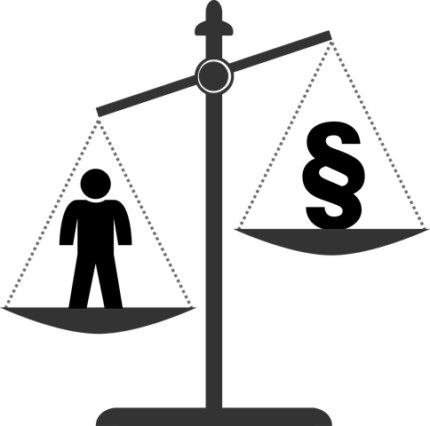Searching for the One Ring to Rule Them All: A Look at 8 U.S. Federal Privacy Bills
Image Credit: 3D Animation Production Company from Pixabay
This article is Part 1 of 2 in a series exploring proposed federal privacy laws in the United States. Part 2 will discuss the constitutional challenges facing not only a proposed federal privacy law but those facing existing state privacy laws as well.
As predicted in our Privacy Law Forecast for 2019, legislators have raced to introduce national privacy regulation in both the House and Senate this year.
In contrast to the European Union’s GDPR, a hodgepodge of sectoral laws govern privacy in specific industries: medical, financial, educational, and marketing sectors, among others. States have enacted laws to protect their residents. And on top of that, Section 5 of the Federal Trade Commission Act (15 U.S.C. § 45) grants authority to the FTC to enforce against unfair and deceptive acts and practices.
This all results in a confusing and burdensome “patchwork” of national, state and sectoral rules. (For more in-depth discussion on the current U.S. privacy regulatory landscape, please see American Privacy Laws in a Global Context.)
Given this regulatory environment, legislators are keen to put forth a single federal privacy law to standardize this “patchwork” and forestall the passage of dozens more state privacy bills. Some have set a deadline, hoping to pass a federal privacy law before the CCPA comes into effect on January 1, 2020. Since the start of 2019, lawmakers have introduced about 230 bills that regulate privacy in some way in either the House or Senate.
The following is a sample of comprehensive bills from both sides of the aisle. Though these bills are unlikely to pass committee, they indicate what policies lawmakers are considering in the current negotiations:
Continue Reading Searching for the One Ring to Rule Them All: A Look at 8 U.S. Federal Privacy Bills

